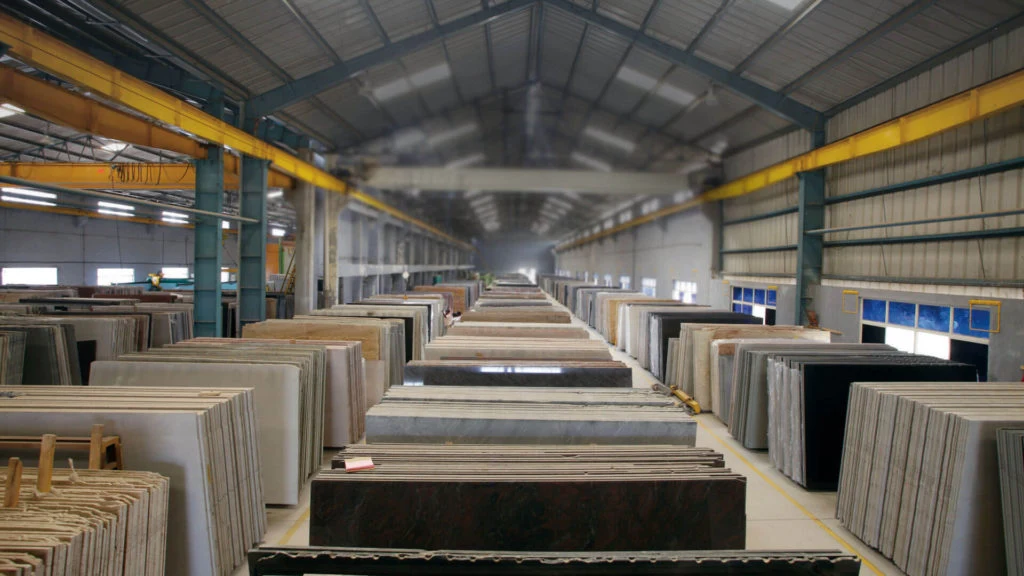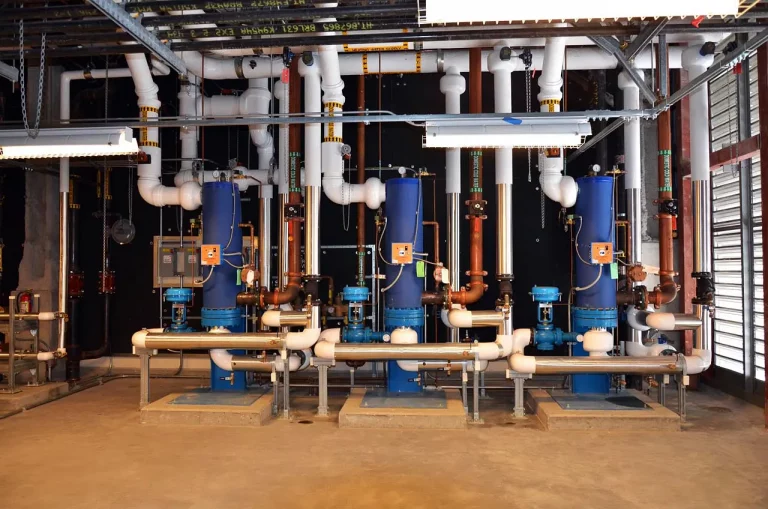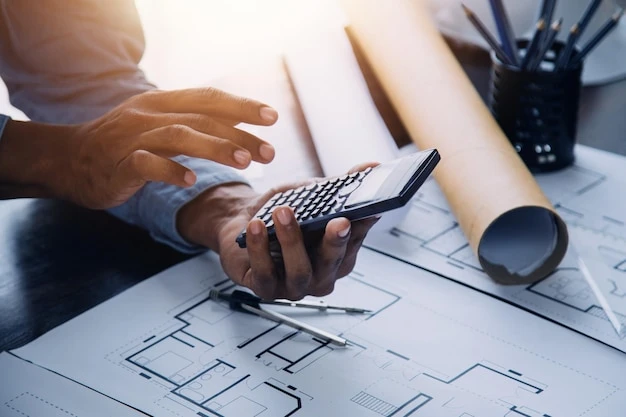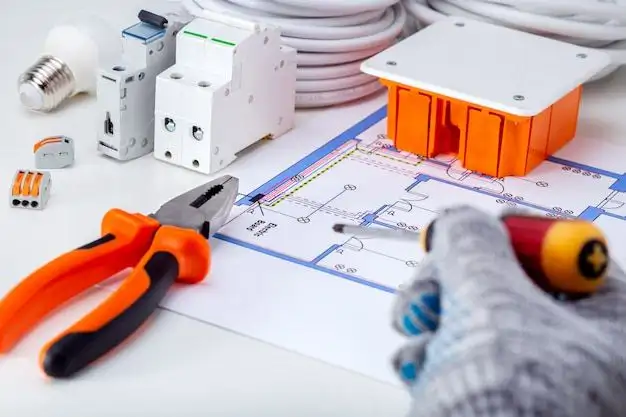How Strong Is Marble? A Look at Its Mechanical Properties
The strength of marble material can be judged by analyzing the Mechanical Properties of Marble. From residential to commercial scale buildings, a touch of marble can be seen everywhere. Whether it is used for flooring or interior finishes, all of us have seen marble being used in buildings. Marble is a famous material used for construction as it is well-suited.
One of the reasons that marble is abundantly used is because of the mechanical properties of marble. It is resistive, and strong and gives off a lustrous finish. The main goal of this blog is to discuss marble and its characteristics.
LEARN ABOUT THE DIFFERENT MECHANICAL PROPERTIES OF MARBLE MATERIAL AND GAIN INSIGHTS AS TO WHY IT IS SUCH A POPULAR BUILDING CONSTRUCTION MATERIAL.
Mechanical Properties of Marble
Here are some of the most prominent mechanical properties of marble.
1) Marble on Mohs Hardness Scale
Marble is ranked at 3 or maybe 4, depending upon the type of marble. It is not a very hard material as compared to other minerals as it is made up of calcite. Calcite is a soft mineral as it is vulnerable to scratches.
2) Compressive Strength
One of the most important mechanical properties of marble is its compressive strength. A construction material needs to be able to withstand pressure and shock which is common in the installation process.
The strength of marble is 16,000 to 36,000 psi. Compressive strength can be different depending on the quality of the marble. Moreover, it is also affected by the weather. Marble provides more compressive strength in dry areas and moderate temperatures.
3) Resistiveness to Abrasions
When we talk about the mechanical properties of marble, we cannot rule out friction resistance. Marble is abundantly used as a flooring material but this doesn’t mean that all types of marble are resistant to abrasions. Poor-quality marbles offer poor resistance as compared to high-quality marble.
Of course, the price of high-end marble is going to be higher but it saves money by reducing maintenance expenses. Industrial Estimating Services can help to control the expenses of industrial projects. They calculate direct and indirect costs to create a precise budget that prevents overruns.
4) Flexural Strength
Flexural strength refers to the maximum amount of pressure or weight that a material can bear. The flexural strength of marble is 13 to 15 Mpa which is a relatively moderate value. It means that it doesn’t offer very high strength as compared to steel or concrete but it is still good enough.
The flexural strength can also vary depending on the quantity and type of marble so it should be checked. Depending upon the usage of marble, some construction projects require the highest strength while some can make do with moderation.
5) Rate of Water Absorption
The rate of water absorption also falls within the mechanical properties of marble. Marble is a relatively porous material that allows water to be absorbed. The rate for absorbing water is 0.04-0.08. This value may seem insignificant as the value is very less but it can still damage a building over time such as the appearance of dark spots. This is the reason that marble provides better strength in dry areas. It is not suited for areas with lots of water or precipitation.
Uses of Marble in Construction
There are many uses of marble in construction. For example
- Walls
- Flooring
- Decorations
- Bathroom Sinks
- Shower Enclosures
- Countertops
- Tabletops
- Shelves
Perks of Using Marble
Mechanical Estimating Services can aid decision-making of a construction project and help to judge where one should use the materials. With the help of an accurate budget, helps to streamline the construction process and improves the allocation of resources. Here are some of the most prominent reasons for marble usage for construction:
- It provides a clean and lustrous finish that adds to the beauty of the building
- It is resistant to heat and easy to maintain
- It is easy to clean and doesn’t stain
- Gives a luxurious effect
- It is a good insulator so it’s safe to use
- It’s a long-lasting and durable material
- It is reasonable and affordable
Average Cost of Marble
The average cost of marble is $35-$150 per square foot. Marble is a notoriously affordable material. Various types of marble are present almost everywhere which makes it a very accessible material. But even then, sometimes people can make wrong decisions that result in paying more than the actual cost. Money is wasted and can also delay the project.
Commercial Estimating Services perform accurate takeoff for marble and then calculate its cost. Precise quantification helps to prevent the wastage of materials and protect the property owner from overspending.
Furthermore, the cost can vary depending upon
- Location
- Type of marble
- Number of marble needed
- Size of the project
- Complexity of the use
- Market Fluctuations in price
- Transportation cost
Thus, the exact cost can vary from project to project. The best way to calculate cost is to get professional help.
WANT AN ACCURATE PREDICTION OF COST REGARDING A CONSTRUCTION PROJECT? GET IN TOUCH WITH A RELIABLE COST-ESTIMATING AGENCY NOW!
Closing Remarks
The mechanical properties of marble have changed over time due to artificial engineering and the mixing of different materials. Nowadays, marble is stronger, more resistive and more durable. It has become the ideal choice for floors and decorative items. Many stunning architectural pieces have made use of marble. For example Taj Mahal, Royal Palace Amsterdam, Washington Monument and many more. To make effective use of marble it is important to manage the cost. When you have an accurate budget in hand, planning the project becomes easier. One can easily make hard decisions and the turnover is better. So for adding a touch of luxury on a budget, marble is one of the best choices.







